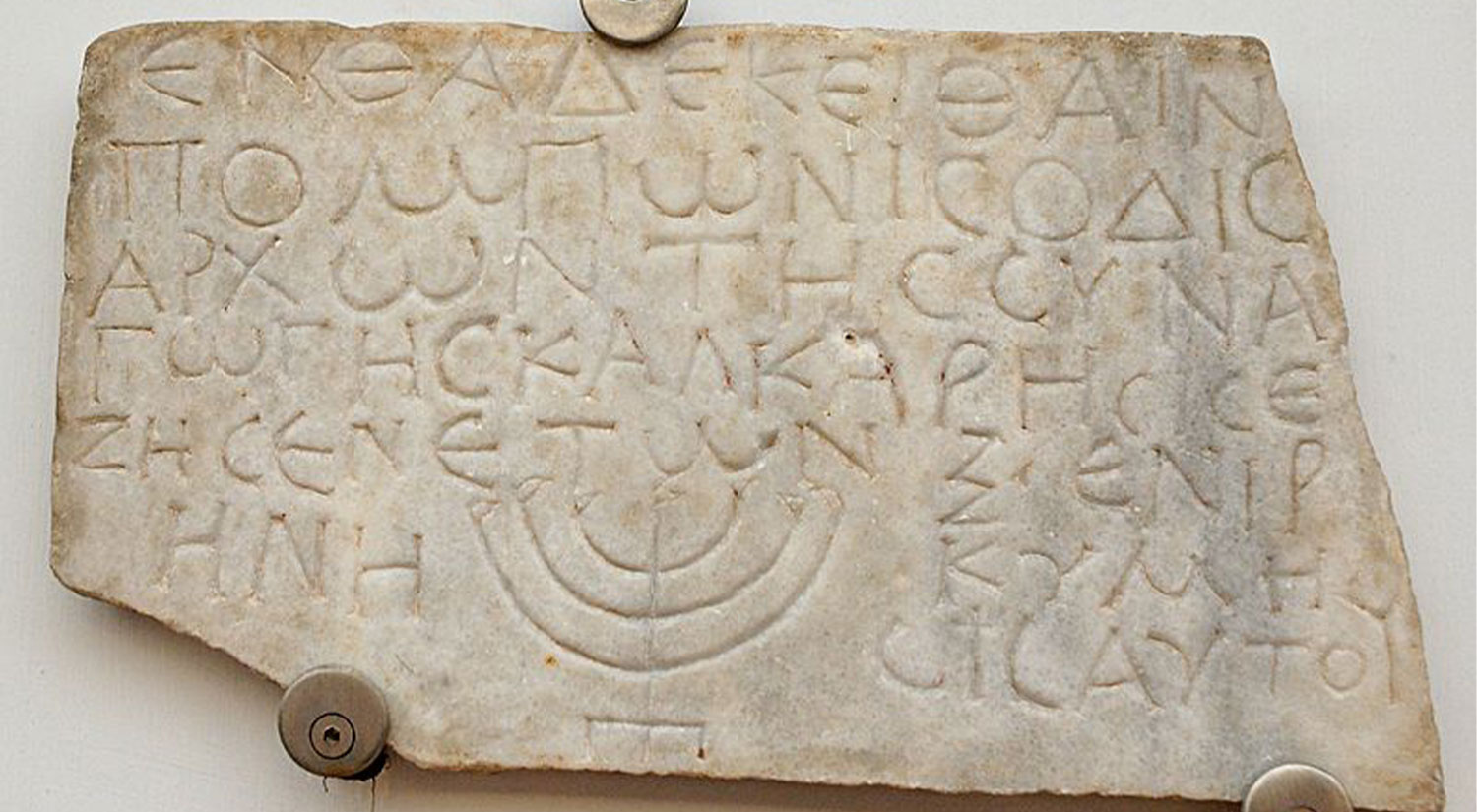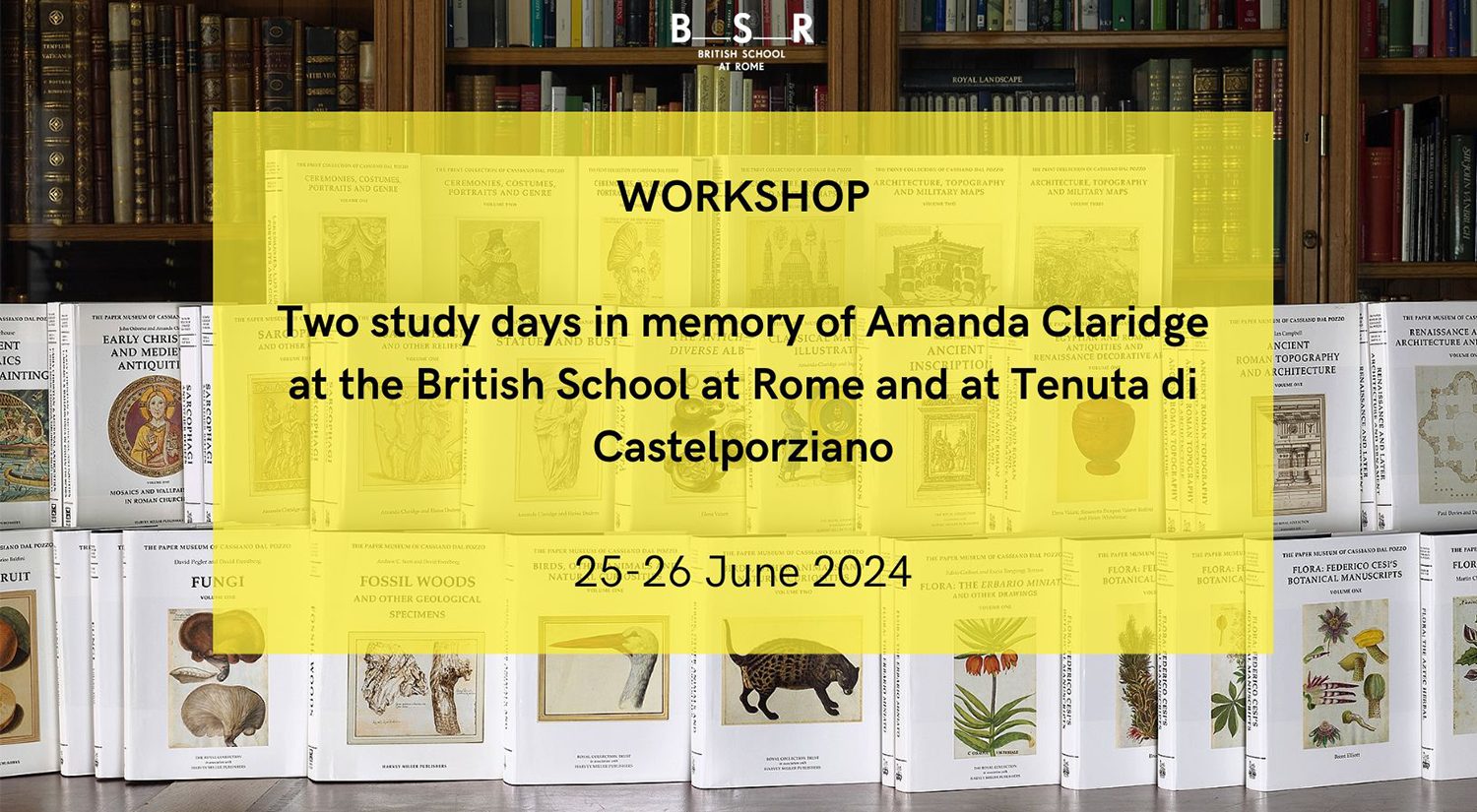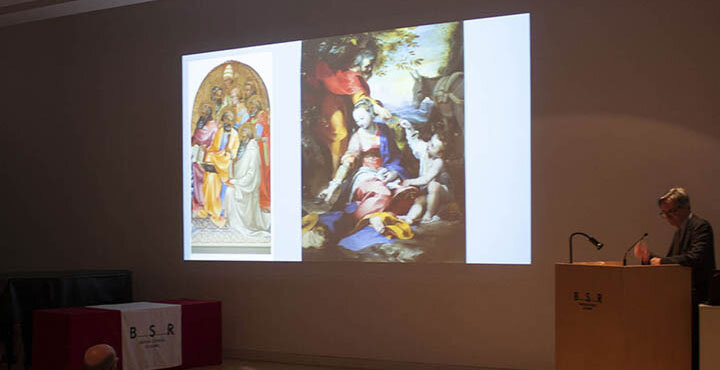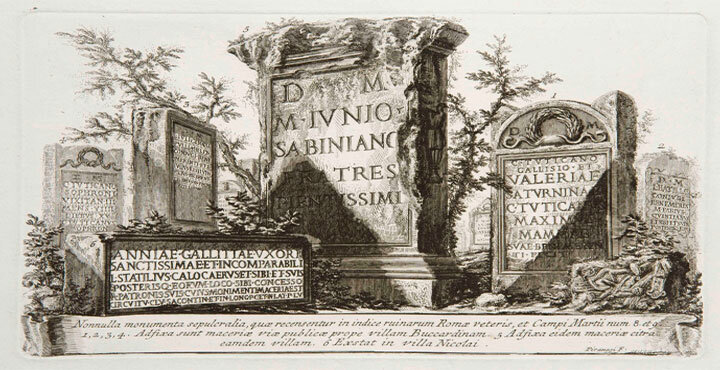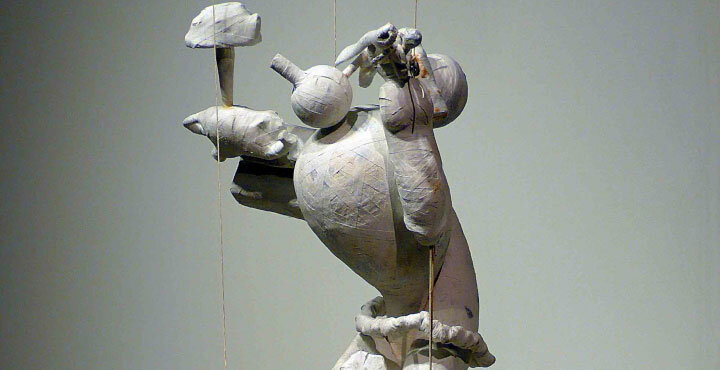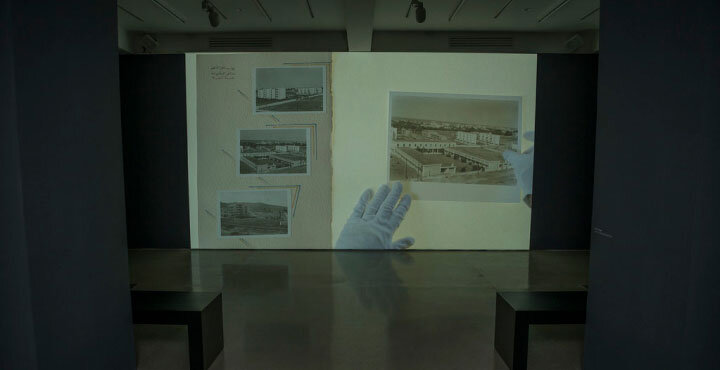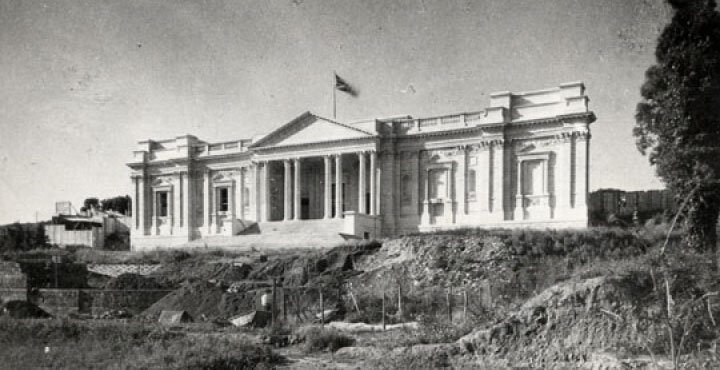Well before the Imperial age, the city of Rome had started to attract foreigners from various corners of the Mediterranean. Greeks, Iberians, Egyptians, Syrians, and Jews filled the city, both as passers-by and long-term settlers. Many of them did not choose to come to Rome, but they were rather taken there by force as slaves and war hostages. Others willingly decided to come to the city due to economic motivations, as was often the case for merchants, teachers, doctors, artisans, artists, and entertainers. These people brought with them their lives, their languages, their culture, their gods. Some of them tried to maintain a distinct foreign identity, while others strived to conform to their new environment and fit in – both dynamics are still at play in contemporary migrations. Literary sources provide a rich insight into these phenomena, but the other major source we possess is a wealth of inscriptions in different languages, both in prose and verse.
The aim of this round table is to discuss the theme of foreigners in ancient Rome focussing especially on epigraphic perspective(s). The conversation will bring together junior and senior scholars who use inscriptions in their research to shed light on this fascinating topic from different angles. The round table discussion will be followed by a Q&A with the audience, who will have the chance to ask questions to the panel. This event will take place in English.
Bio of the panellists:
Davide Massimo is Teaching Associate in Ancient Literature at the University of Nottingham. He obtained his doctoral degree at the University of Oxford with a thesis on the epigrams of Leonidas of Tarentum. After that, his interest for Hellenistic and Imperial inscribed epigram led him to explore Greek verse inscriptions from various regions such as Rome, Egypt, and the Hellenistic East, with a specific interest in what these poems tell us of Greek identity and cross-cultural contacts. He held a Rome Award at the BSR in 2021 and an Ernst Mach Worldwide Grant at the University of Vienna in 2022, working on the Greek verse inscriptions from Rome. From 2022, he is also a Research Associate at the Centre for the Study of Ancient Documents (CSAD) in Oxford.
Caroline Barron is Assistant Professor of Classics (Roman History) at Durham University. Following a PhD at King’s College London, where she also held a Teaching Fellowship in Roman Art and History, she joined the ERC project ‘Judaism and Rome: rethinking Judaism’s Encounter with the Roman Empire’ at the CNRS at Aix-Marseille Université. In 2018 she held a BSR Rome Award, and a Leverhulme Early Career Fellowship at Birkbeck. Caroline is an ancient historian whose research is focused on the cultural and historical significance of Latin epigraphy, from antiquity to the present day. She is interested in how people – both ancient and modern – responded to Latin inscriptions, how their texts were composed and read, and what epigraphy contributed to the landscape of antiquity.
Alexander Gangoly is a doctoral researcher in the ERC project MAPPOLA (Mapping Out the Poetic Landscape(s) of the Roman Empire) at the Department of Ancient History, Papyrology and Epigraphy, University of Vienna, writing his thesis on the cultural meaning of the Greek verse inscriptions of Rome. Before enrolling into the doctoral programme of Ancient History and Classical Studies he received a grant from the Berlin-Brandenburgische Akademie der Wissenschaften to assist in correcting part of the manuscript ‘Tarraconensis’ of CIL XVIII, 2 (Carmina Latina Epigraphica of Hispania) in the Corpus Inscriptionum Latinarum. His research interests are Greek-Roman diversity and interculturality, behaviour in the Roman Empire and Roman epigraphy, mainly Carmina Graeca et Latina Epigraphica.
Cecilia Ricci is Professor of Roman History and Latin Epigraphy at University of Molise. She has held several visiting positions and has been involved in international projects such as the Corpus Inscriptionum Latinarum, volume VI (Inscriptiones Sacrae of Rome). Her main research interests are Urban Troops in the first two centuries of the Empire and the relationship between the military and civilians; the ‘memory of Rome’ and the funeral rites of the Roman world; the presence of foreigners in Roma from the Western Provinces in imperial times; Epigraphic sources, Roman society and the territory of Italy: Latium vetus, and Sabina and Samnium. She has published extensively on these topics, e.g., the monographs “Orbis in Urbe. Fenomeni migratori nella Roma imperial” (Rome, 2005) and “Stranieri illustri e comunità immigrate nella Roma imperiale. Vox diversa populorum” (Rome, 2006).
Olivia Elder is Departmental Lecturer in Ancient History at the University of Oxford. She completed her PhD at Peterhouse, Cambridge in 2018. Following her PhD, she held a Postdoctoral Fellowship at CRASSH, Cambridge and the British School at Rome (spending 6 months at the BSR in 2019) and then a Research Fellowship at Sidney Sussex College, Cambridge. The main themes of her research are multilingualism, migration, citizenship and slavery in the Roman world, with a particular focus on Rome and Italy. In her work she examines a range of evidence including inscriptions, letters and graffiti. Her first book on multilingualism in ancient letters, co-authored with Alex Mullen, was published by CUP in 2019; she is currently completing a monograph on the relationship between language and Roman identity and power.

